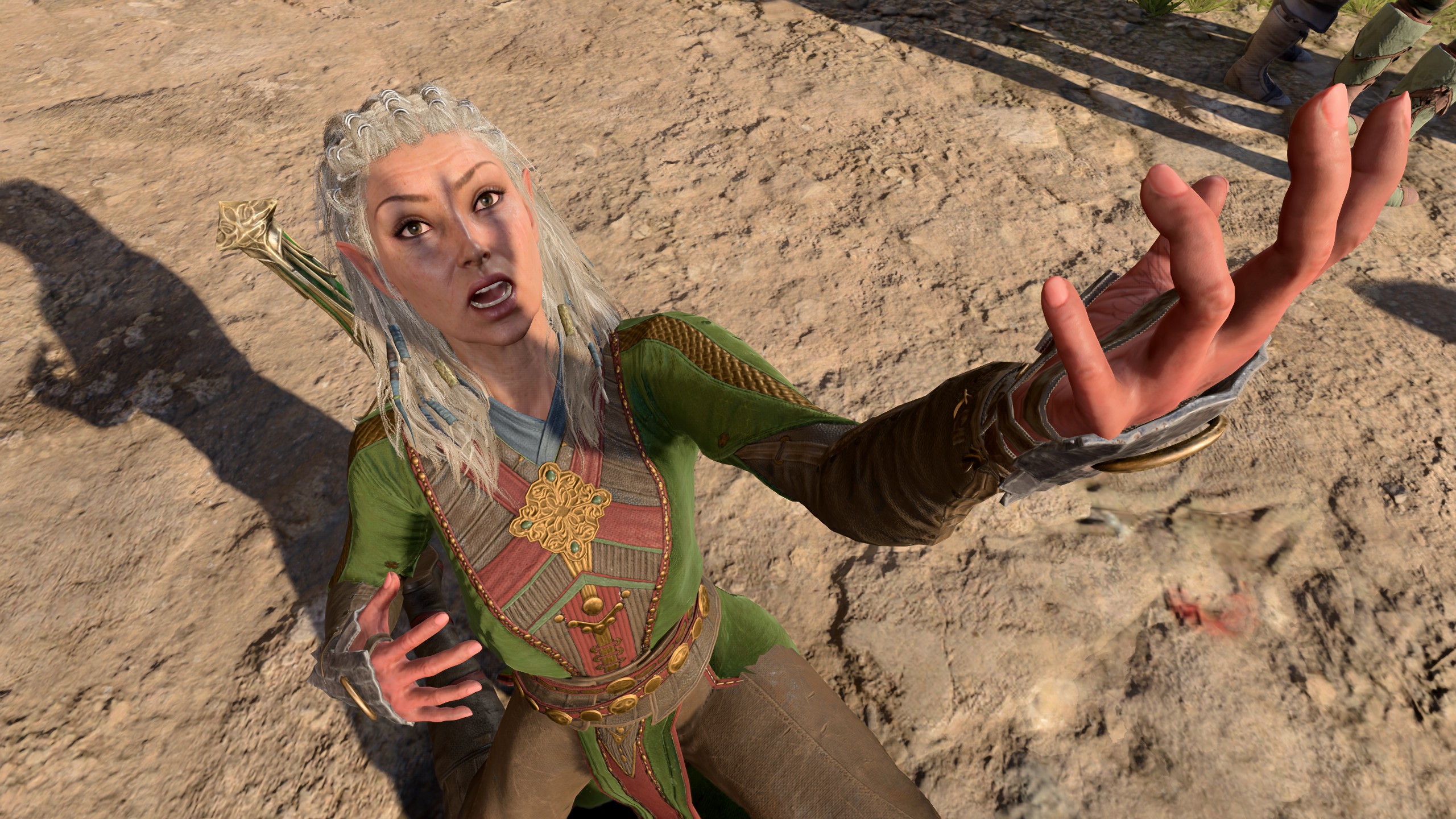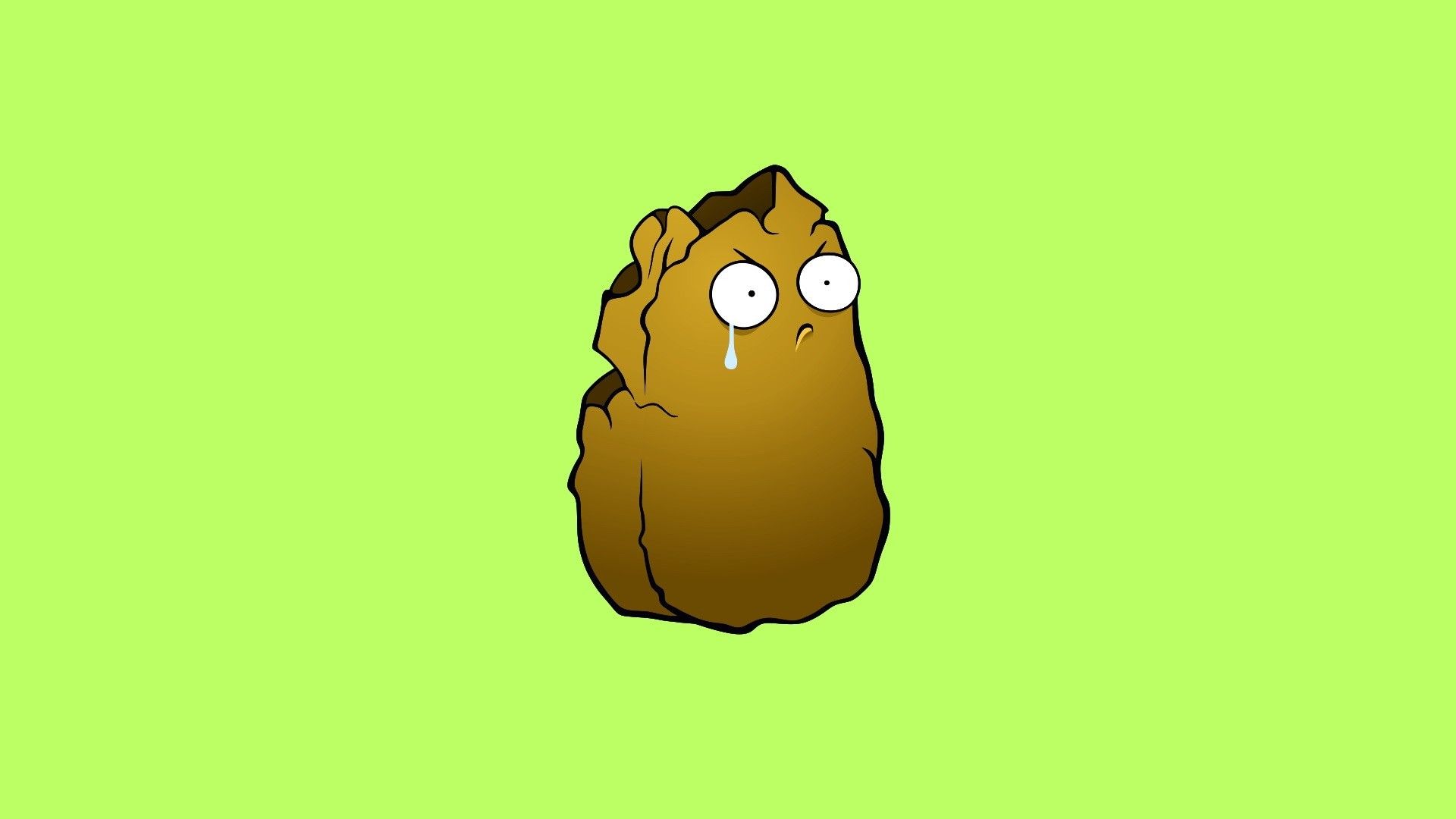
Do you know DMA Design? Great development studio – up in Edinburgh, Scotland. Founded all the way back in 1987 by gaming industry icon David Jones. You may not know some of its first games on the Commodore 64, Amiga, and Atari ST, but you’ve probably heard of its breakthrough hit, Lemmings. Or maybe the SNES racer Uniracers? I’m sure I’m forgetting something…
The studio is still around today – working on some games you may know – but never mind those; I want to take you back all the way to 1998 and introduce you to a forgotten gem called Body Harvest for the Nintendo 64. Body Harvest is a 3D shooter that lets players take on an invading army of space bugs across multiple time zones, from 1916 to the bitter end on the aliens’ homeworld in 2046.
Flawed Gem
Let’s get this out of the way: not all gems sparkle brightly. If you’ve got an N64 sitting around in the attic and you can find a working Body Harvest cartridge, you will find a game that will capture your attention not for how well it plays or for how well it held up over the years. It doesn’t and it didn’t. Body Harvest is still fun to play because of all the things it attempted during those pioneering years of 3D gaming, when Super Mario 64 shook the game development community awake to say that it was time to put 2D SHMUPs and sidescrollers on hold for a bit and try something new. It’s a playable piece of history, with some genuinely sophisticated ideas and riveting moments.
There’s a certain level of jank you have to get over when revisiting Body Harvest. From its brightly colored Robotron-esque hero to the blurry graphics, the framerate hitches, the simple quest structure. But Body Harvest must’ve done something right: after all these years, I still remember the sense of elation when I found my first tank and tilted the balance of power against the alien invaders.
“Haha, now I have a tank.” – me, in 1998
Full disclosure, I reviewed Body Harvest back in 1998 and gave it an 8.4 out of 10 – which in hindsight was generous, as the technical aspects aren’t just an issue when viewing the game through modern eyes. But there was just something refreshing and unique about exploring a 3D landscape and being able to commandeer any vehicle you see. I tell you, they could take this idea and apply it to a modern game. Maybe let you steal vehicles and commit crimes. Or take on drug lords. Something like that.
Open-World War
Body Harvest was very much a first draft for vehicle-based 3D open-world games. You walk around on foot, enter buildings and dungeons, talk to the occasional NPC character, pull some switches, blow up blocked passages with dynamite, and most-importantly, discover new vehicles and use their special attributes and abilities to cause mayhem. DMA Design had played around with a top-down vehicle-focused game just a year earlier, but was worried that US audiences just wouldn’t be into playing a 2D game. But while Body Harvest was a departure from the comforting familiarity of the second dimension – including the blissful innocence of not having to deal with in-game camera problems – it was very much in line with DMA’s design philosophy.
Studio head David Jones told us in an interview in 1997: “I hate linear gameplay. To me, the ultimate game would take real-world physics, model them perfectly, give them an open environment, let them go, then just play around with the laws of physics. That’s what games are.”
Body Harvest splits its open world into different zones – Greece, Java, American, Siberia, and the Alien Homeworld – but it litters that world with more than 60 vehicles that aren’t just keys to a puzzle, but are simply fun to control and mess around with. A ladder truck lets you get up high. You can fly byplanes and helicopters, fix a swamp boat and take it for a spin, and steal a fire truck to save a burning town. All the while, you have to be on the run and fend off surprise attacks from alien dragonflies and spiders, manage your health and vehicle fuel, before finally taking the fight to the enemy.
“To me, the ultimate game would take real-world physics, model them perfectly, give them an open environment, let them go, then just play around with the laws of physics.” – David Jones, 1997
DMA understood how to build a toy box. By the end of the game, players thought it couldn’t get any better than firing missiles from a VTOL – and then Body Harvest jumps to the future and unleashes its hovertank. That escalation of power created steady and relentless forward momentum, a slow build from the simple joy of just being able to drive something – anything – in a game to… bringing a jet to a knife fight.
I still recall the eerie string and piano tunes, composed by Allan Walker and Stuart Ross, who, like the game’s project lead, programmer John Whyte, would go on to work on some pretty big hits for the studio in the future. I also remember the cheesy one-liners that were all-too-obviously ripped from popular movies of the day. “Poor fool, only now, at the end, do you understand”, the dialog read during the final battle.
Body Harvest is all but forgotten today. It’s most notable for having been developed under a publishing agreement with Nintendo as an N64 launch title – which eventually fell apart and led to Gremlin and Midway publishing the game instead.
DMA Design is not forgotten today. It’s called Rockstar North and made Grand Theft Auto and Red Dead Redemption. You know, kind of like Body Harvest with gangsters and cowboys.
“Poor fool, only now, at the end, do you understand!” – Body Harvest
Where Can You Play Body Harvest Today?
Body Harvest is not available digitally at this time. And as much as I wish Rockstar were to recreate an alien invasion with the GTA VI engine, your best bet is to hook up an old Nintendo 64 to your grandpa’s CRT and buy the cartridge off eBay for $25.
Peer Schneider (@PeerIGN on Twitter) is one of IGN Entertainment’s founders and credits DMA Design for his love for open-world and sandbox games. He is currently lost in the skies of Hyrule.







